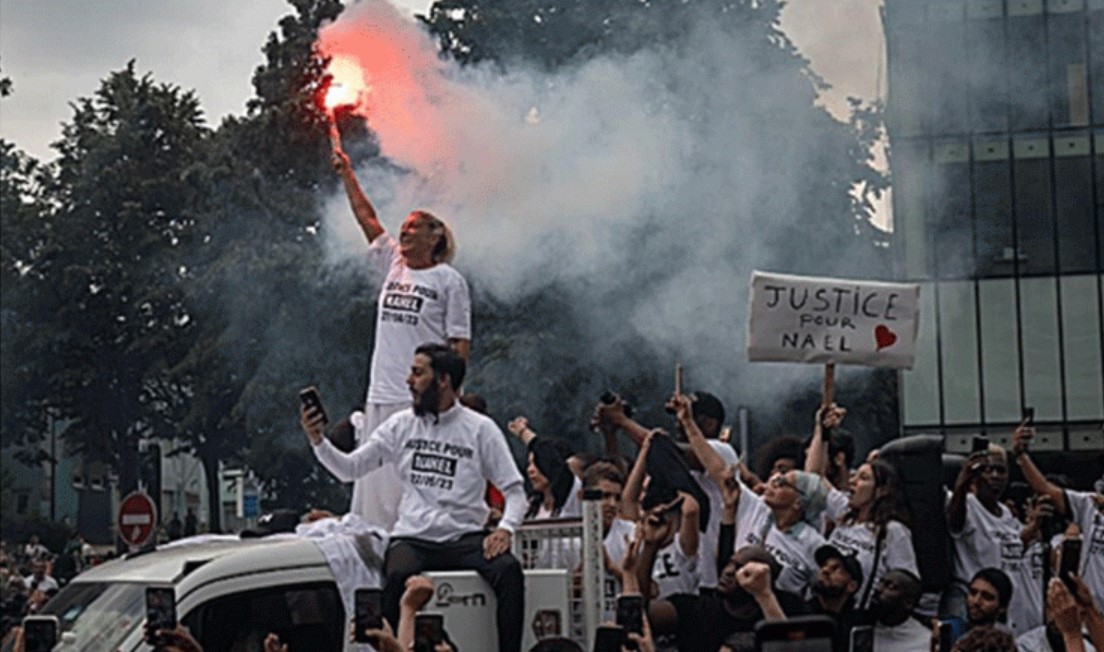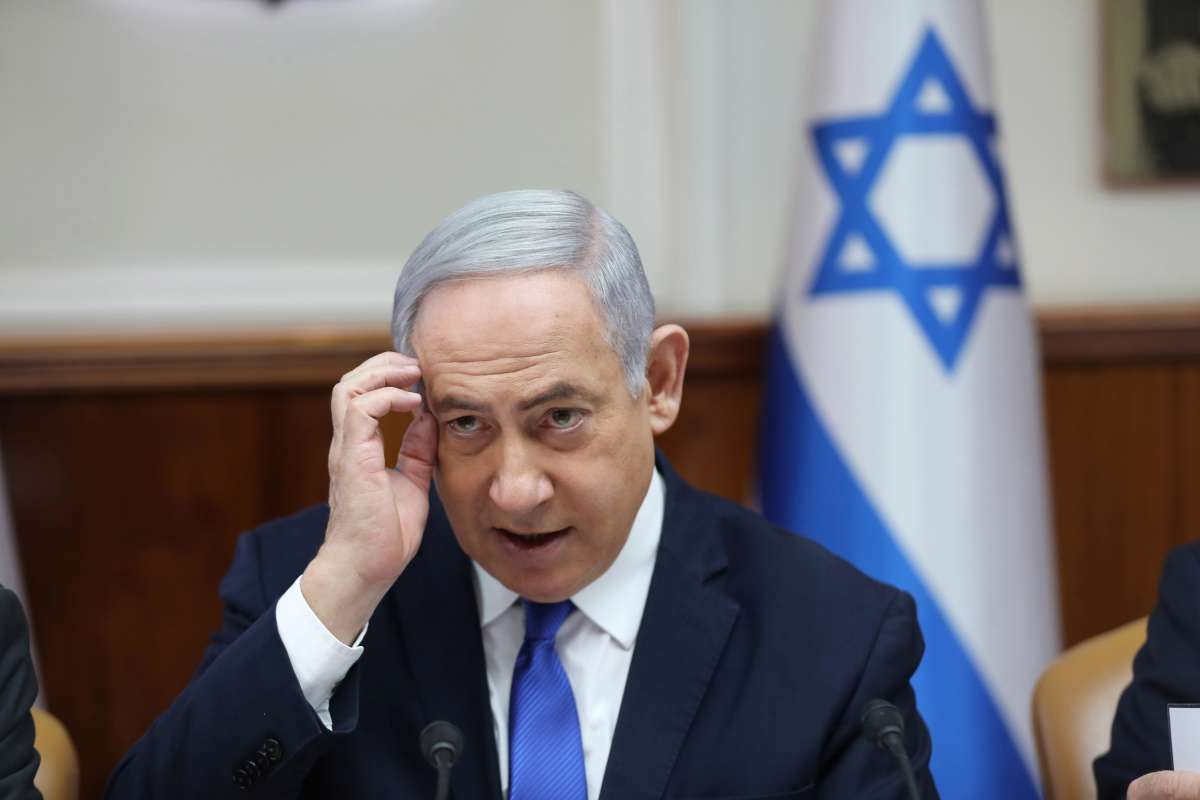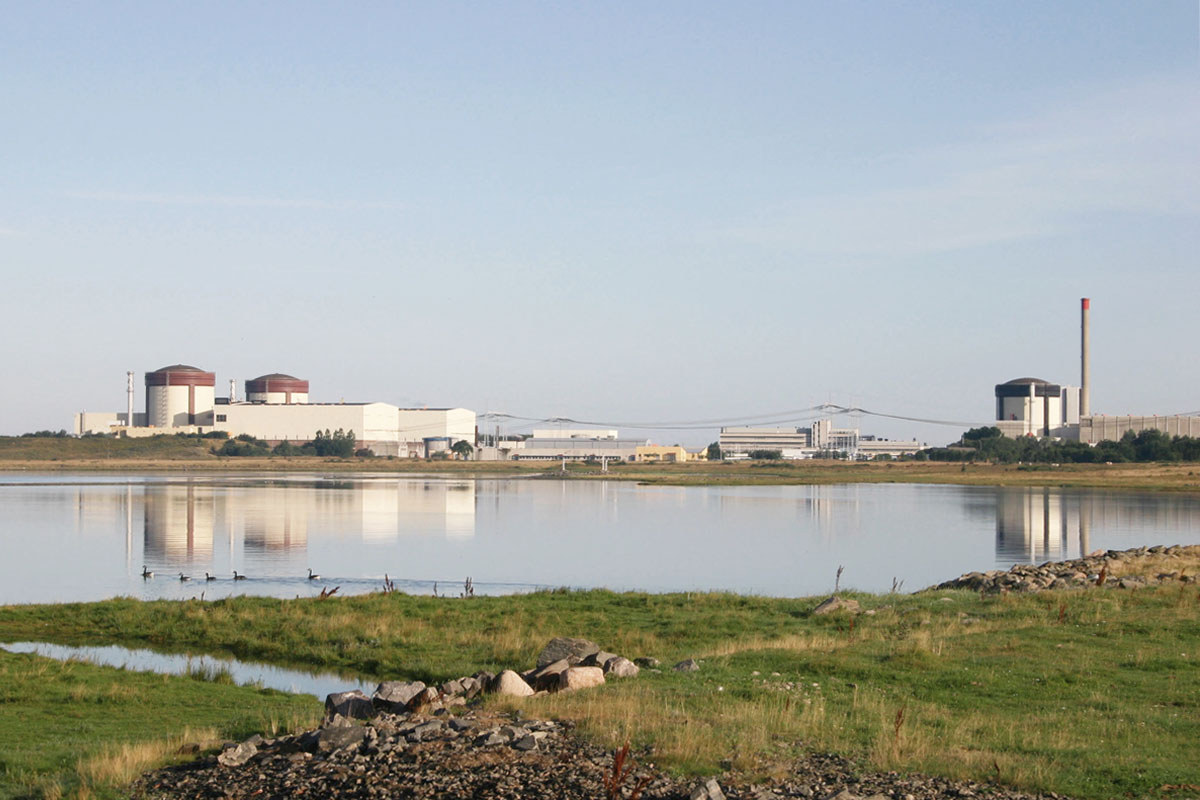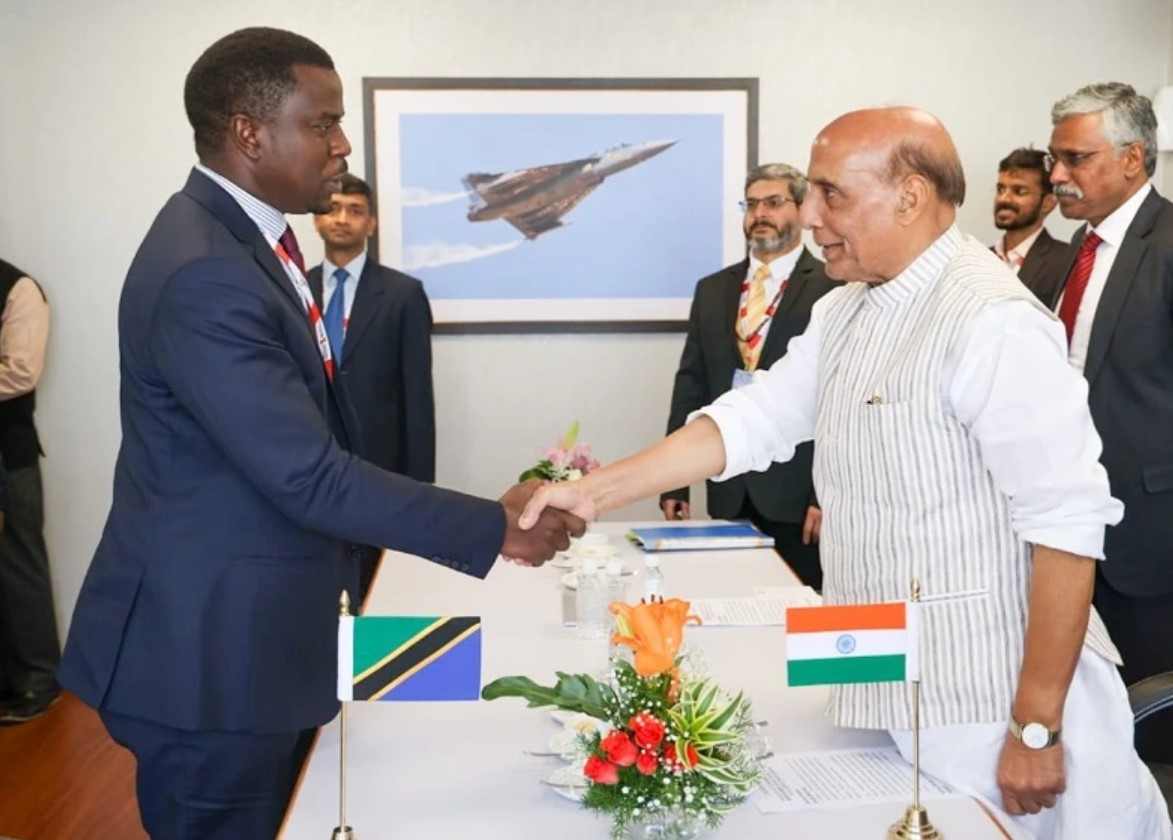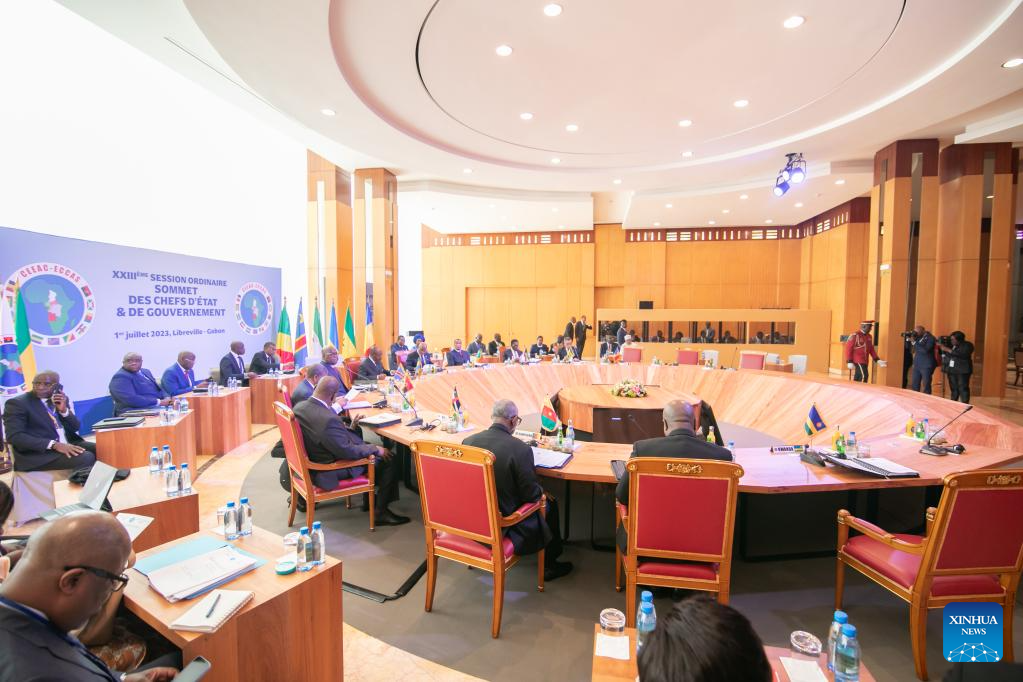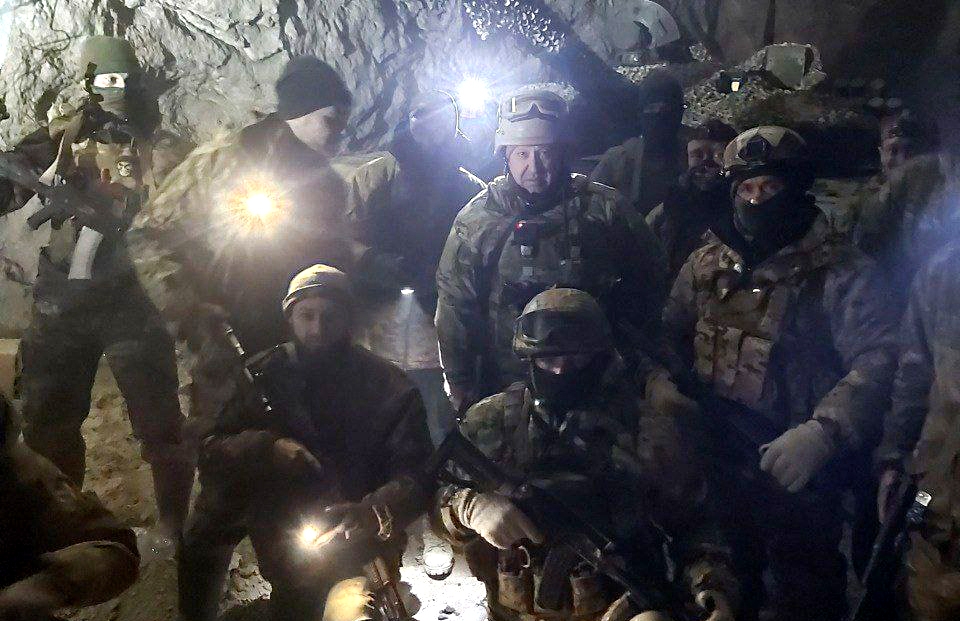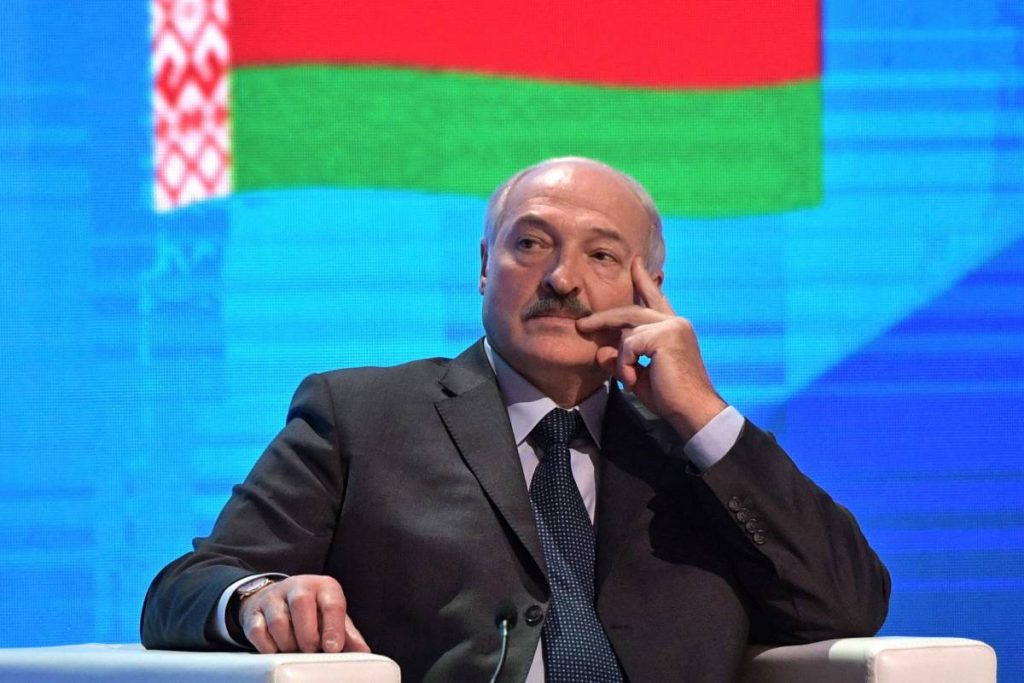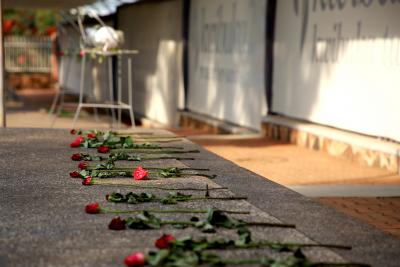President Emmanuel Macron to postpone state visit to Germany as rioters clash with police over deadly police shooting of a teen…reports Asian Lite News
Young rioters clashed with police and looted stores overnight Friday in a fourth night of unrest in France triggered by the deadly police shooting of a teen, leading President Emmanuel Macron to postpone a state visit to Germany as he comes under pressure to confront the crisis.
While the situation appeared to be somewhat calmer compared to previous nights, turmoil gripped several cities across the country.
Firefighters in the Parisian suburb of Nanterre, where the shooting occurred Tuesday, extinguished the blazes set by protesters that left scorched remains of cars strewn across the streets. In the neighbouring suburb Colombes, protesters overturned garbage bins and used them for makeshift barricades.
Looters during the evening broke into a gun shop and made off with weapons, and a man was later arrested with a hunting rifle, police said, and in the southern Mediterranean port city of Marseille, officers arrested nearly 90 people as groups of protesters lit cars on fire and broke store windows to take what was inside.
Buildings and businesses were also vandalised in the eastern city of Lyon, where a third of the roughly 30 arrests made were for theft, police said. Authorities reported fires in the streets after an unauthorised protest drew more than 1,000 people earlier in the evening.
On Saturday morning, the Interior Ministry confirmed that that 1,311 arrests were made overnight.
The fatal shooting of the 17-year-old, who has only been identified by his first name, Nahel, was captured on video, stirring up long-simmering tensions between police and young people in housing projects and disadvantaged neighbourhoods.
Despite repeated government appeals for calm and stiffer policing, Friday saw brazen daylight violence, too. An Apple store was looted in the eastern city of Strasbourg, where police fired tear gas, and the windows of a fast-food outlet were smashed in a Paris-area shopping mall, where officers repelled people trying to break into a shuttered store, authorities said.
Violence was also erupting in some of France’s territories overseas.
Some 150 police officers were deployed Friday night on the small Indian Ocean island of Reunion, authorities said, after protesters set garbage bins ablaze, threw projectiles at police and damaged cars and buildings. In French Guiana, a 54-year-old was killed by a stray bullet Thursday night when rioters fired at police in the capital, Cayenne, authorities said.
In the face of the escalating crisis that hundreds of arrests and massive police deployments have failed to quell, Macron held off on declaring a state of emergency. This option was used in similar circumstances in 2005.
Instead, his government ratcheted up its law enforcement response. Already massively beefed-up police forces were boosted by another 5,000 officers for Friday night, increasing the number to 45,000 overall, the interior minister said.
Some were called back from vacation. The interior minister, Gérla Darmanin, said police made 917 arrests on Thursday alone and noted their young age – 17 on average. He said more than 300 police officers and firefighters have been injured.
It was unclear how many protesters have been injured in the clashes.
Interior Minister Darmanin on Friday ordered a nationwide nighttime shutdown of all public buses and trams, which have been among rioters’ targets. He also said he warned social networks not to allow themselves to be used as channels for calls to violence.
“They were very cooperative,” Darmanin said, adding that French authorities were providing the platforms with information in hopes of cooperation in identifying people inciting violence. We will pursue every person who uses these social networks to commit violent acts,” he said.
Macron, too, zeroed in on social media platforms that have relayed dramatic images of vandalism and cars and buildings being torched, saying they were playing a “considerable role” in the violence. Singling out Snapchat and TikTok, he said they were being used to organise unrest and served as conduits for copycat violence.
Macron said his government would work with technology companies to establish procedures for “the removal of the most sensitive content,” adding that he expected “a spirit of responsibility” from them.
Snapchat spokesperson Rachel Racusen said the company has increased its moderation since Tuesday to detect and act on content related to the rioting.
The violence comes just over a year before Paris and other French cities are due to host 10,500 Olympians and millions of visitors for the summer Olympic Games. Organisers said they are closely monitoring the situation as preparations for the Olympics continue.
The police officer accused of killing Nahel was handed a preliminary charge of voluntary homicide, which means investigating magistrates strongly suspect wrongdoing but need to investigate more before sending a case to trial. Nanterre prosecutor Pascal Prache said his initial investigation led him to conclude that the officer’s use of his weapon wasn’t legally justified.
Prache said officers tried to pull Nahel over because he looked so young and was driving a Mercedes with Polish license plates in a bus lane. He allegedly ran a red light to avoid being stopped and then got stuck in traffic.
The officer said he feared he and his colleague or someone else could be hit by the car as Nahel attempted to flee, according to the prosecutor.
Nahel’s mother, identified as Mounia M, told France 5 television that she was angry at the officer but not at the police in general. “He saw a little Arab-looking kid, he wanted to take his life,” she said, adding that justice should be “very firm”.
“A police officer cannot take his gun and fire at our children, take our children’s lives,” she said.
ALSO READ-Violent protests spread across France over police shooting

